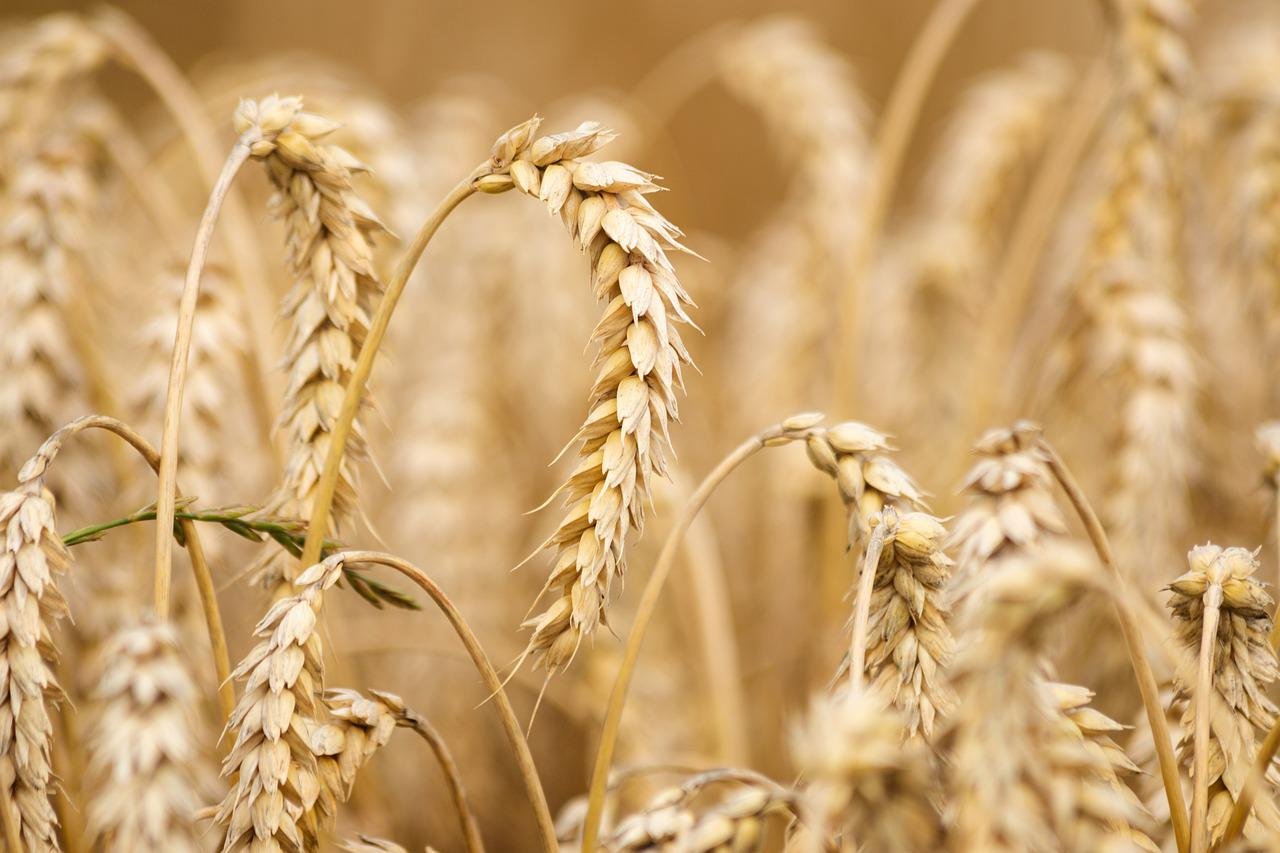NEW YORK, MAY 18 – “What is happening in Ukraine is causing a wheat world war that has to be stopped as soon as possible”. This message was brought to the United Nations by the Italian Minister of Foreign Affairs Luigi Di Maio, who is in New York for high-level talks and a ministerial meeting on the food crisis.
“The price of wheat keeps on increasing because of the Russian invasion, and it may reach 20% within the end of the year, causing a loss of the families’ purchase power, Italian families included. Here at the UN, an intensified action begins today, in order to allow the delivery of food supplies to the countries in the worst conditions so that we can prevent instability risks, economic implosion and internal disorders”, which in turn can lead to an increase in migratory flows, in particular to Europe.
Di Maio recalled that “food security is a longstanding priority of Italy’s foreign policy. The international community must work in a coordinated way to achieve food security for all, especially at a time when the consequences, first of the pandemic, and today of the Russian aggression against Ukraine jeopardize this endeavor”. Italy “will play its part”, as the allocation of five more million euro to the FAO Food Coalition, in addition to the ten millions already allocated, demostrates.
“Food diplomacy is key to mitigate the crisis’ impact. For this reason, Italy fully supports initiatives launched in the G7 framework, starting with the Global Alliance on Food Security promoted by the G7 Leaders, and welcome initiatives by partners, such as the French FARM initiative”, added the Minister in his address to the Call of Action ministerial meeting organized by his US counterpart Antony Blinken for 35 among the States mostly affected, and those in the best condition to help. Italy’s committment, together with the United Nations and with partner States such as Turkey has the objective of establishing a safe corridor that allows Ukrainian wheat to return on the market: an issue discussed today during the bilateral meetings with the UN Secretary General Antonio Guterres and other partners.

Tomorrow, Blinken will chair a Security Council meeting on the link between conflicts and food security, and in particular on the Russo-Ukrainian war which contributed to the sharp rise of the commodities’ price. “The current crisis demands a global response and the United States are committed to help and coordinate these efforts”, highlighted the US Secretary of State, while from Europe his Treasury counterpart Janet Yellen urged that the rise in prices of food and energy is causing “stagflationary effects”.
 “If we do not feed people, we feed conflicts”, said UN Secretary General Antonio Guterres, according to whom Russia must allow the safe export of wheat stored in Ukrainian ports. At the same time, “Russian and Belarusian food and fertilisers must be made fully available to world markets”. Guterres’ plea was shared by Aïssata Tall Sall, Foreign Minister of Senegal, on behalf of the African Union. In the last few days, the SG has been in close contact with Russia, Ukraine, Turkey, the US, EU and other key States: “I am confident, but there is still a long road ahead of us. These complex financial and security implications entail good faith by all of the parties involved”.
“If we do not feed people, we feed conflicts”, said UN Secretary General Antonio Guterres, according to whom Russia must allow the safe export of wheat stored in Ukrainian ports. At the same time, “Russian and Belarusian food and fertilisers must be made fully available to world markets”. Guterres’ plea was shared by Aïssata Tall Sall, Foreign Minister of Senegal, on behalf of the African Union. In the last few days, the SG has been in close contact with Russia, Ukraine, Turkey, the US, EU and other key States: “I am confident, but there is still a long road ahead of us. These complex financial and security implications entail good faith by all of the parties involved”.
Di Maio, in turn, presented the Italian initiative of a Ministerial Dialogue of Mediterranean States in partnership with the German presidency of the G7 and FAO, in which “new UN policies to help lower the price of food raw materials” will be studied. It will take place in Rome on June 8 and Italy, Lebanon and Turkey will co-chair it, building on the efforts of the Italian presidency of the G20 which led to the Matera Declaration on food security.

Di Maio had other bilateral meetings besides Guterres. After seeing the President of the General Assembly Abdulla Shahid, he met his Turkish colleague Mevlüt Çavuşoğlu. The initiative to allow the export of the blocked foodstuffs in the Ukrainian ports was discussed, but talks touched as well upon Sweden and Finland joining the NATO, on which Ankara has expressed reserves. “I don’t have the feeling that Turkey wants to veto this. There is no block on the open doors principle. Turkey is likely to ask for guarantees mostly on bilateral issues,” he explained. Di Maio then met Bilawal Bhutto Zardari of Pakistan: among the topics, in addition to the food crisis, joint efforts on security, humanitarian crises and the deterioration of human rights in Afghanistan. (@OnuItalia)

